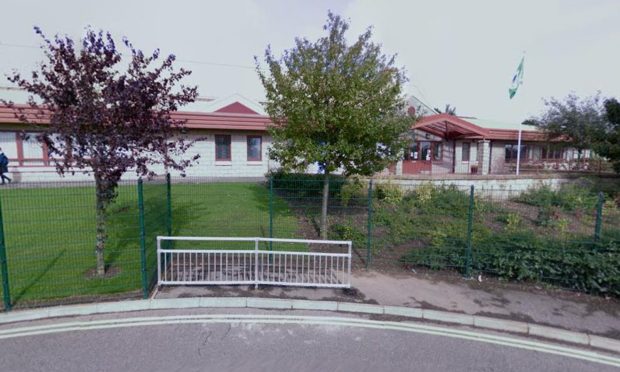A Tayside councillor who battled depression, ultimately leading to an attempt to take his own life, has told the region’s students: “You are not alone”.
Monifieth Liberal Democrat member Ben Lawrie, who is also a fourth year student at St Andrews University, was speaking following a YouGov survey which suggests that as many as a quarter of students have a mental health problem.
Two years ago Mr Lawrie went public about his personal struggles when he decided to reveal he attempted to take his own life in 2013.
Mr Lawrie struggled with depression while studying social sciences at Dundee College, despite doing really well in his coursework and being in a happy relationship.
The councillor’s own battle with his demons seems to be over but, for fellow students that have just returned to university following the summer break, exams, essays and debts can often make campus a gloomy place.
But Mr Lawrie said there are always ways of getting help.
He said: “As someone in their fourth year at university I know the stress that’s involved in being a student.
“Course work can be demanding, living costs are high and, for a lot of students, part-time employment is essential to sustain themselves through their course, which is an additional drain on time and energy.
“It’s important to look after your mental health to keep up with these demands but this is far easier said than done.
“Every university has measures in place to help you look after yourself.
“If things are building up and it’s all getting too much for you, talk to someone.
“There’s usually counselling services available at university and they’ll be familiar with the trials and challenges faced by students.”
Mr Lawrie previously spoke out about his experience to help others and made focusing on mental health one of his priorities during his election campaign in May.
He said: “There are also helplines you can talk to during the night if you need someone to talk to.
“Nightline is a service specifically for students and you can get in touch with them over the phone, by email, or through their instant messaging service.
“Things can feel overwhelming at times but you are not alone.
“There are always ways of getting help.”
Depression and anxiety are by far the most common reported mental health ailments.
Of those who suffer, 77% have depression-related problems, and 74% have anxiety related problems.
For many, it is common for students to be afflicted with both at once – 74% of students with an anxiety-related problem also have a depression-related one, according to YouGov.
These two issues dwarf all the rest, with eating disorders being the next most common at 14%.











